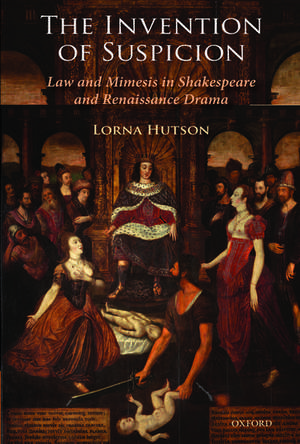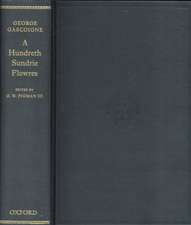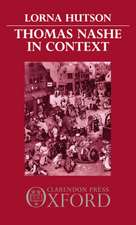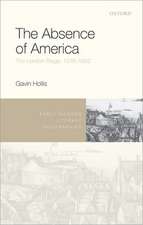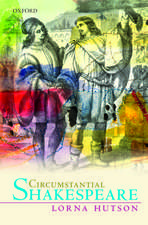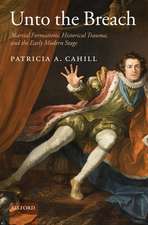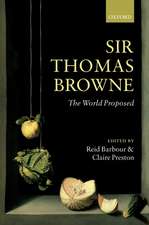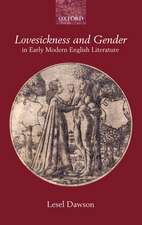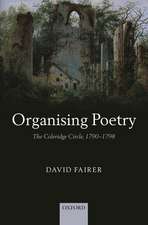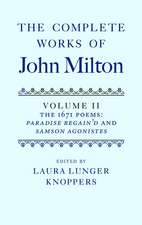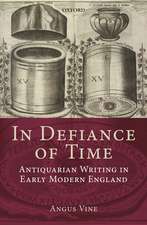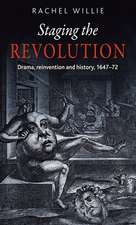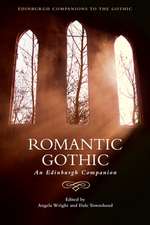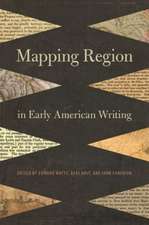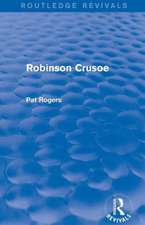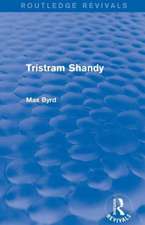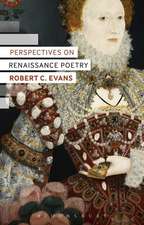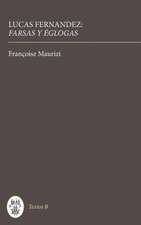The Invention of Suspicion: Law and Mimesis in Shakespeare and Renaissance Drama
Autor Lorna Hutsonen Limba Engleză Paperback – 14 apr 2011
| Toate formatele și edițiile | Preț | Express |
|---|---|---|
| Paperback (1) | 324.36 lei 31-37 zile | |
| OUP OXFORD – 14 apr 2011 | 324.36 lei 31-37 zile | |
| Hardback (1) | 631.43 lei 31-37 zile | |
| OUP OXFORD – 13 dec 2007 | 631.43 lei 31-37 zile |
Preț: 324.36 lei
Preț vechi: 373.26 lei
-13% Nou
Puncte Express: 487
Preț estimativ în valută:
62.06€ • 64.81$ • 51.25£
62.06€ • 64.81$ • 51.25£
Carte tipărită la comandă
Livrare economică 05-11 aprilie
Preluare comenzi: 021 569.72.76
Specificații
ISBN-13: 9780199691487
ISBN-10: 0199691487
Pagini: 392
Ilustrații: 5 black-and-white halftones
Dimensiuni: 155 x 234 x 23 mm
Greutate: 0.6 kg
Editura: OUP OXFORD
Colecția OUP Oxford
Locul publicării:Oxford, United Kingdom
ISBN-10: 0199691487
Pagini: 392
Ilustrații: 5 black-and-white halftones
Dimensiuni: 155 x 234 x 23 mm
Greutate: 0.6 kg
Editura: OUP OXFORD
Colecția OUP Oxford
Locul publicării:Oxford, United Kingdom
Recenzii
Hutson's book is powerful, innovative, and well-argued; I predict that it will be an unusually useful and influential book, in the sense that a very broad range of scholars will be able to engage productively with its larger argument about the sixteenth-century emergence and diffusion of a culture of forensic curiosity.
Hutsonâs own sophisticated critical discourse is a combination of the empirical and the theoretical, and each of her insights is an incitement to further thought.
Hutsonâs own sophisticated critical discourse is a combination of the empirical and the theoretical, and each of her insights is an incitement to further thought.
Notă biografică
Lorna Hutson was born in Germany to Scottish parents and was educated in San Francisco, Edinburgh, and Oxford. At Oxford she wrote a PhD thesis on Thomas Nashe which was published by OUP as Thomas Nashe in Context (1989). From 1985-1998 she was Lecturer and then Reader at Queen Mary College, London, and wrote The Usurer's Daughter (Routledge, 1994). In 2001, as Professor of the University of California, Berkeley, she edited, with Victoria Kahn, Rhetoric and Law in Early Modern Europe. She was the recipient, in 2004-5 of an award from John Simon Guggenheim Memorial Foundation to write The Invention of Suspicion. She is currently Berry Professor of English Literature at the University of St Andrews, Scotland.
